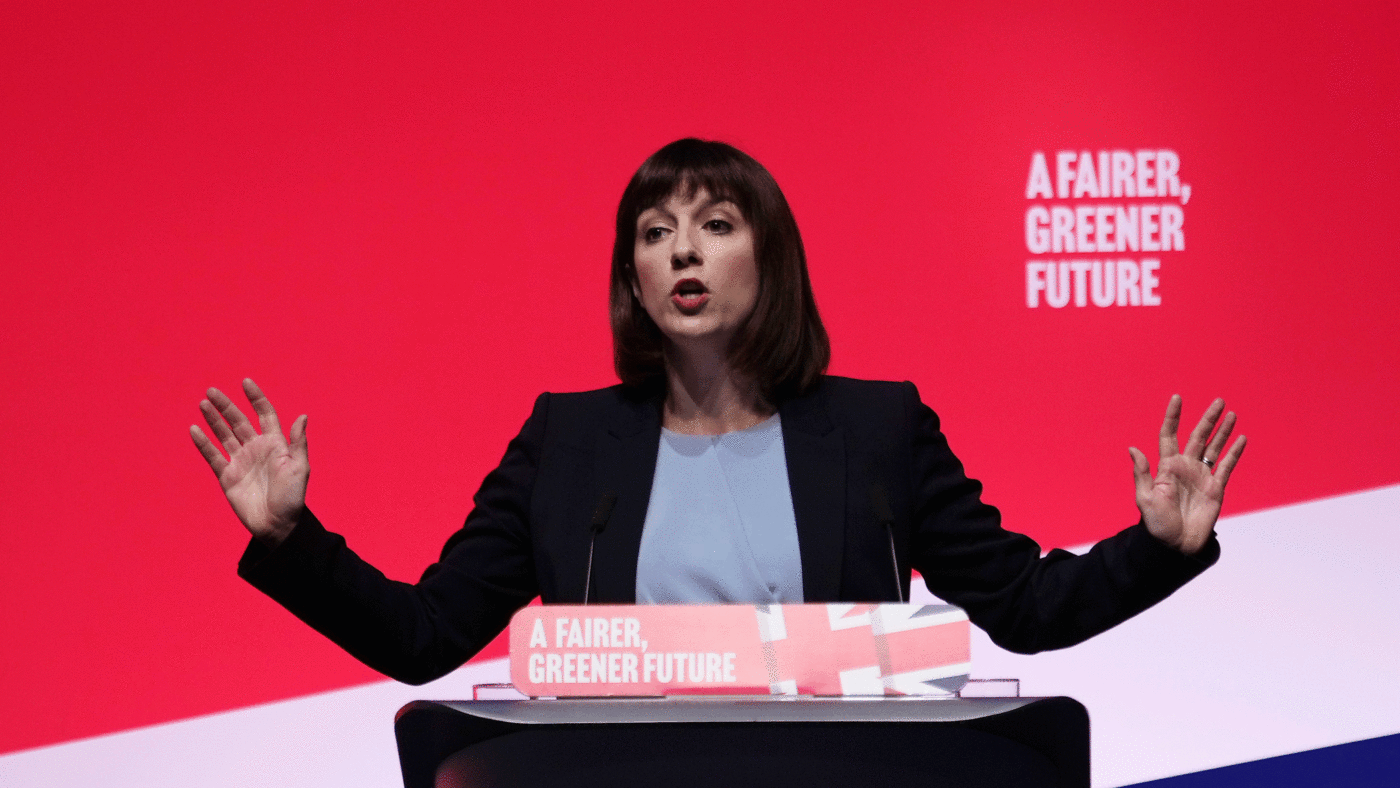However you feel about the prospect of Labour winning the next election, if they do they should at least be ready to rule.
In particular, our children need them to hit the ground running with an evidence-informed platform. And right now, listening to Labour’s schools policies, it just doesn’t feel like that. Instead, it feels like they are putting a lot of effort into reinventing the educational wheel.
In this vein, we have had a steady stream of policy proposals briefed to the press ahead of a speech by Keir Starmer this week about his education ‘mission’. Maybe it’s because I’ve worked in education for over 20 years now, but so far the party’s ideas suffer from an acute sense of ‘been there, tried that, didn’t work’ or ‘where have you been the last decade?’.
So what about Labour’s latest batch of big ideas for education?
‘Super teacher hit squads’? Aside from sounding like a 90s indie band, where are all these super teachers hiding right now? Why didn’t DfE improvement teams last long when they were tried a few years back? What do Labour think multi-academy trusts are all about? Won’t it blur lines and destroy accountability?
And what about compulsory Qualified Teacher Status for all teachers in state schools? Flexibility regarding teacher qualifications was something that, um, Labour introduced, recognising Heads were best placed to make such decisions. And given the shortage of teachers right now, is reducing the supply even further a great idea?
Retention bonuses for newer teachers? These and other incentives like Student Loan forgiveness have been tried or still exist, with differing levels of success. Will a couple of grand really make a difference to someone on £33,000 if they are unhappy in the job? And will the tax on private school fees really raise the money that Labour is relying on to fund this and endless other things? (Short answer: no.)
What about making nurseries more expensive and harder to staff up? As my brilliant CapX colleague Alys Denby said: “Who looks at the state of Britain and thinks ‘what we need is more elite overproduction and even more expensive childcare’?”.
They could do worse than look at what the Tories did when they were in opposition. Rather than oppose Academies because they were a Labour creation, they embraced them as a slightly different means of achieving the same thing Kenneth Baker had in mind with the 1988 Education Reform Act.
This meant they didn’t have to waste time faffing about with new structures. They just extended the academy framework to effectively recreate the old grant-maintained schools & City Technology Colleges, but called them ‘converter academies’ and ‘free schools’. As such, they were able to get the necessary legislation introduced and passed within a couple of months of coming to office, with the first batch of schools being approved literally weeks after this.
By all accounts, Labour are doing a great job of engaging people across the education sector to understand priorities and pitfalls. I know at least a dozen different and brilliant people who have each assured me that they have the ear of the shadow education team, and it’s all going to be fine. And then we have announcements like those above that won’t work or don’t add up, and suggest little or no knowledge of what has gone on in recent decades.
There’s still time, but the clock to the election is running down quickly. And as I’ve written about before, Team Gove were way ahead with preparation at this stage before 2010. There are plenty of great people who could give Bridget Phillipson and co an oven-ready policy platform, full of nutritious and workable plans to address the challenges faced. It just requires Labour to face down their union friends, and focus on the effective, regardless of who came up with it first – even if it was the T***es.
After all, as a great man once said: “What matters is what works.”
Click here to subscribe to our daily briefing – the best pieces from CapX and across the web.
CapX depends on the generosity of its readers. If you value what we do, please consider making a donation.


